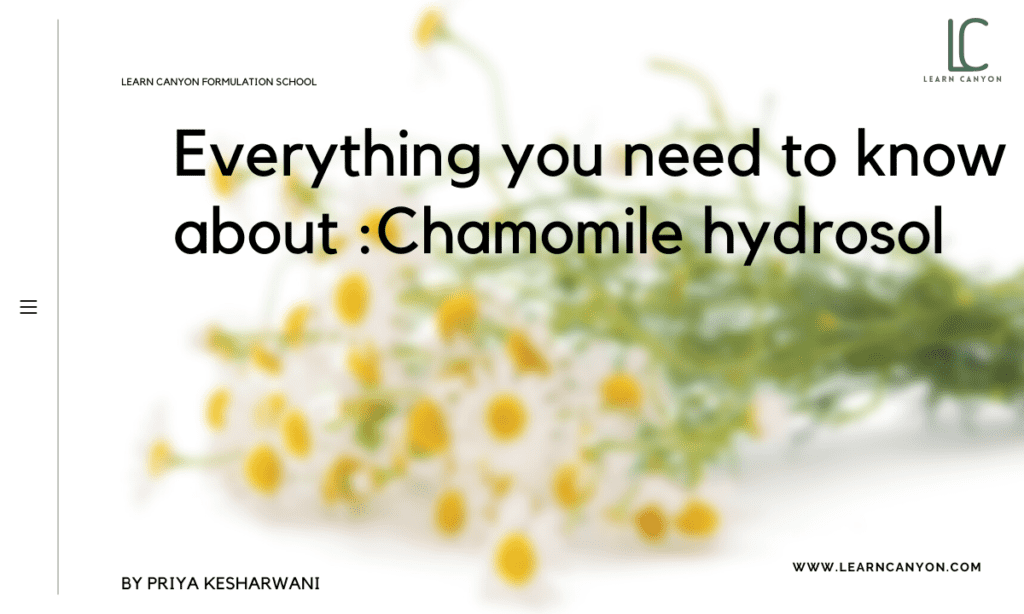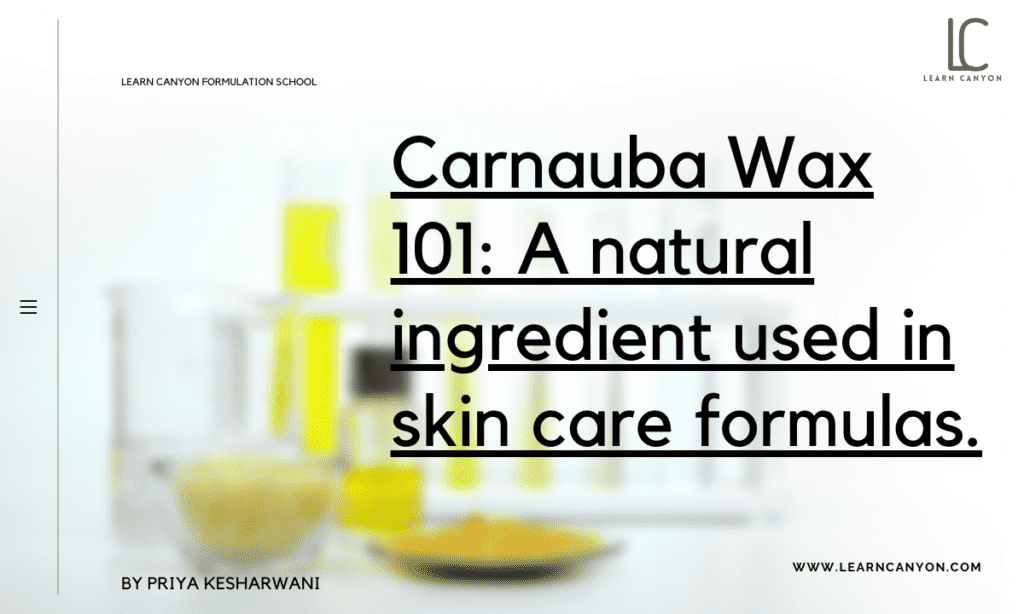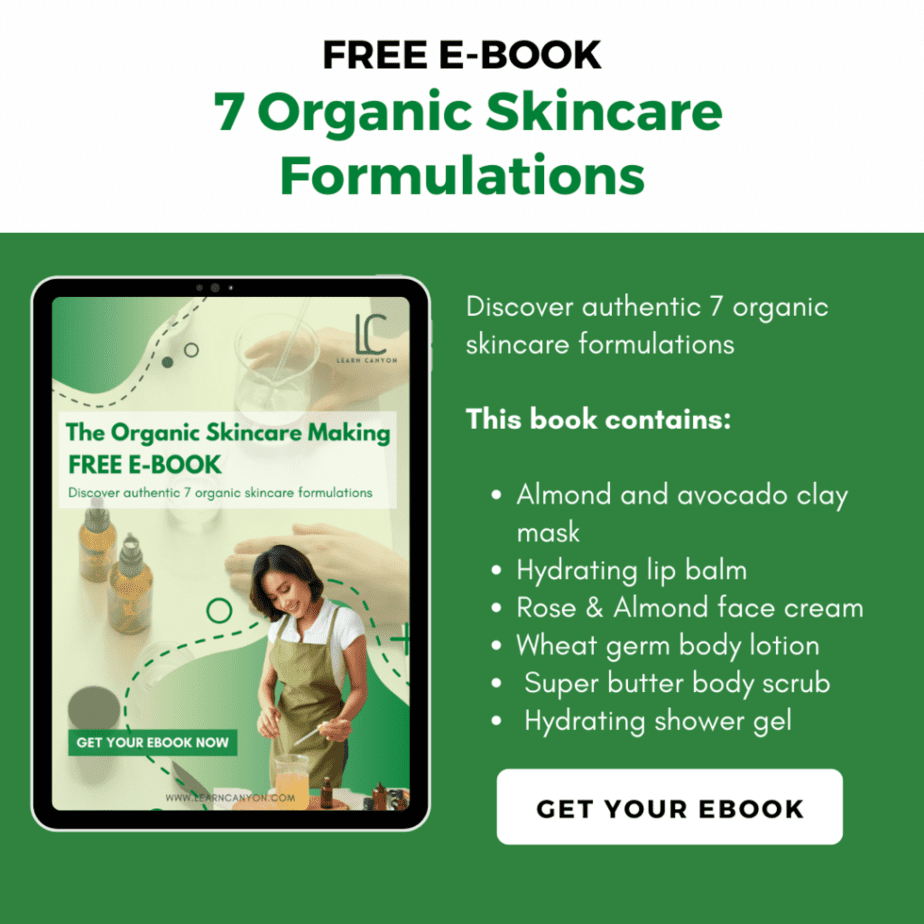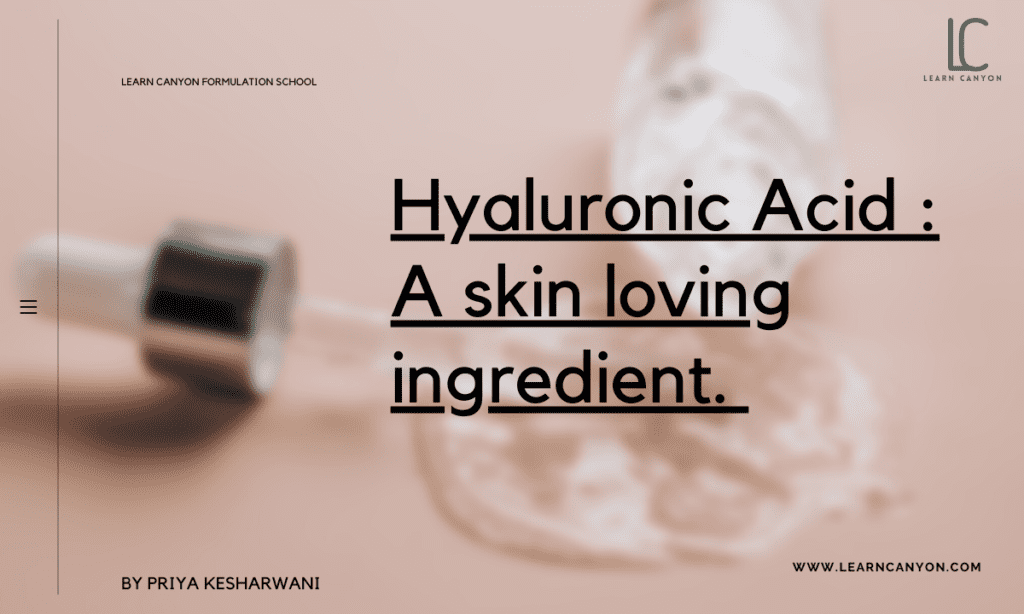
Vitamin E – Miracle worker for your skin
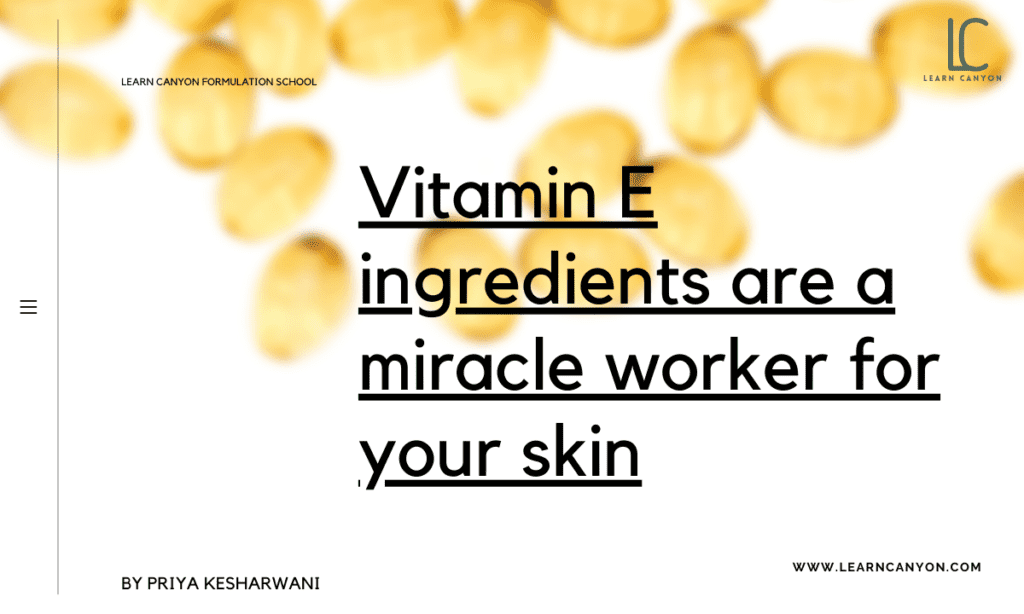
Vitamin E
If you’re looking for a skin-healing remedy, Vitamin E is a great option. Because it’s a vital nutrient found naturally in a variety of foods, such as nuts, seeds, and green vegetables, it’s been a popular ingredient in skincare products for years.
Vitamin E is a multi-tasking hero that nourishes and protects your skin while also making you look younger and healthier.
What exactly is Vitamin E?
To put it simply, vitamin E is a fat-soluble antioxidant. “Vitamin E comes in eight different forms, with tocopherol and tocopheryl acetate being the most common in skincare.
Tocopherols are available in a number of forms, with gamma and delta tocopherols being the most effective antioxidants.
| What is it? | It's a naturally occurring vitamin present in a variety of carrier oils, including argan and cherry kernel oils. |
|---|---|
| INCI | Tocopherol |
| Appearance | Viscous amber liquid |
| Texture | Sticky, thick |
| Recommended Usage | 0-5% |
| Solubility | Vitamin E is oil soluble. |
| Melting point | NA |
| Boiling point | 235 °C |
| pH | 6-8 |
| Aroma | Oily |
| Why do we include it in formulations? | Vitamin E is used in little amounts. Act as an antioxidant and a moisturising agent that balances moisture content. |
| How to work with it? | Tocopherol should be included in the cool-down step of your formulations. |
| Applications | Vitamin E oil can be used as an anti-ageing cream for people who have fine lines and wrinkles on their skin. It contains a lot of antioxidants and improves blood circulation. Not only will massaging Vitamin E oil on your skin strengthen the structure of your skin, but it will also make it firmer and more radiant. |
| Absorption rate | Fast |
| Strength | Vitamin E is a powerful antioxidant that also has skin-beneficial properties. |
| Weaknesses | It can be quite costly. |
| Substitution | Rosemary seed extract and vitamin E acetate. |
| How to store it? | Stored in a cool, dark, and dry place. |
| Shelf life | Vitamin E should last for at least a year. |
Fun Fact
| Type of ingredient | Barrier booster. |
|---|---|
| Main benefits | Seals in moisture, smooths skin, antioxidants. |
| Who should use it | Anyone who has dry skin in general. Vitamin E should not be used on skin that is sensitive. |
| How often can you use it? | Vitamin E should only be used once a day, ideally at night, because it is too heavy to be worn with makeup. |
| Works well with | Vitamin C and Ferulic acid. |
| Doesn't work with | Retinol/Vitamin A. |
| How to use it in formulations | In the cool-down phase of your formulations. |
Mechanisms of action
Although vitamin E is the body’s major lipid-soluble antioxidant, not all of its qualities can be attributed to this action. Vitamin E works as an antioxidant in cell membranes, preventing the spread of free radical reactions, while it has also been found to have pro-oxidant properties. Low-density lipoprotein lipid peroxidation is mediated by vitamin E (alpha-tocopherol). It has been discovered that alpha-tocopherol primarily inhibits the generation of new free radicals, whereas gamma-tocopherol captures and neutralises existing free radicals.
Benefits of Vitamin E for Skin
Protects Lipid Barrier:
“Vitamin E keeps lipids fresh in your skin,” says celebrity esthetician Renée Rouleau. “This contributes to the upkeep of your skin’s protective barrier.” [Keeping it intact] can help to plug small breaches in the skin’s barrier, preventing moisture from escaping and keeping the skin tight and dry.
Keeps Skin Moist:
Vitamin E allows for much longer moisture retention between your skin cells than goods without it. According to Rouleau, it can give up to 16 hours of hydration.
Antioxidant property
Vitamin E is a fat-soluble antioxidant that helps to neutralise damaging free radicals and, as a result of its antioxidant qualities, can help to prevent blackheads by reducing sebum (oil) oxidation.
Soothes Skin:
Skin that has been exposed to the elements can benefit from vitamin E-based treatments. The chemical serves to smooth your skin and make it feel more comfortable after it has been irrigated by pollution and sun damage.
Side Effects of Vitamin E
When given in its purest form, in a capsule, and applied directly to the skin, vitamin E can cause dermatitis-like symptoms.
How to Use it in formulation?
“It’s critical to note that vitamin E is only delivered in a modest quantity when used in skincare formulations,” Rouleau notes, “therefore it’s important to notice that it has a pore-clogging impact.” It’s not the same as piercing a capsule and taking the material as it is.” So, if you’re interested in trying out the latest Vitamin E serum, go ahead; it’s most likely been diluted to the point where it won’t be an issue.
Work well with other ingredient
When vitamin E is combined with other chemicals like vitamin C and ferulic acid, it becomes a powerful antioxidant. Vitamin E is a great skin care element in and of itself, but when combined with vitamin C, it prevents sun damage more than either vitamin alone. “Ferulic acid and vitamin E go hand in hand,” says Dr. Chantrey. It boosts the potency and stability of other antioxidants, allowing them to operate harder and longer.

